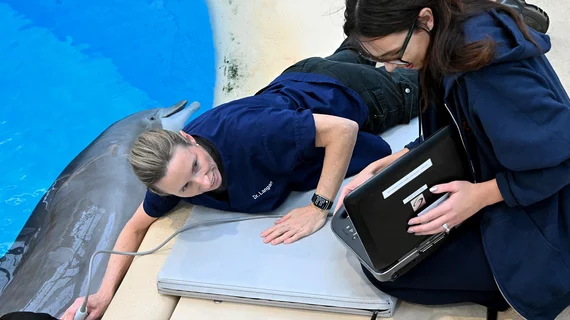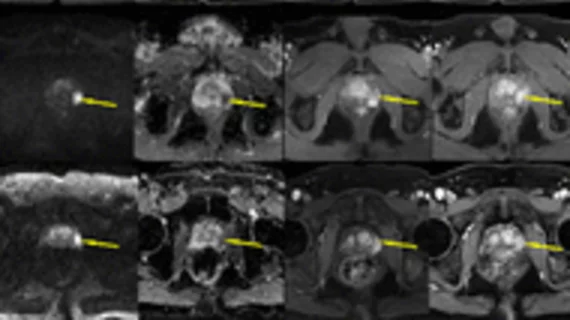Kaitlyn Dmyterko, staff writerWe now accept the fact that learning is a lifelong process of keeping abreast of change. And the most pressing task is to teach people how to learn, writer and management consultant Peter Drucker once said. As the 23rd annual Transcatheter Cardiovascular Therapeutics (TCT) conference kicks off on Monday in the City by the Bay, physicians from more than 100 countries will meet to explore cutting-edge technologies in the medical field. As physicians share clinical experiences and innovative lifesaving techniques, they will work to understand how to better practice medicine in the challenging and changing healthcare environment.




